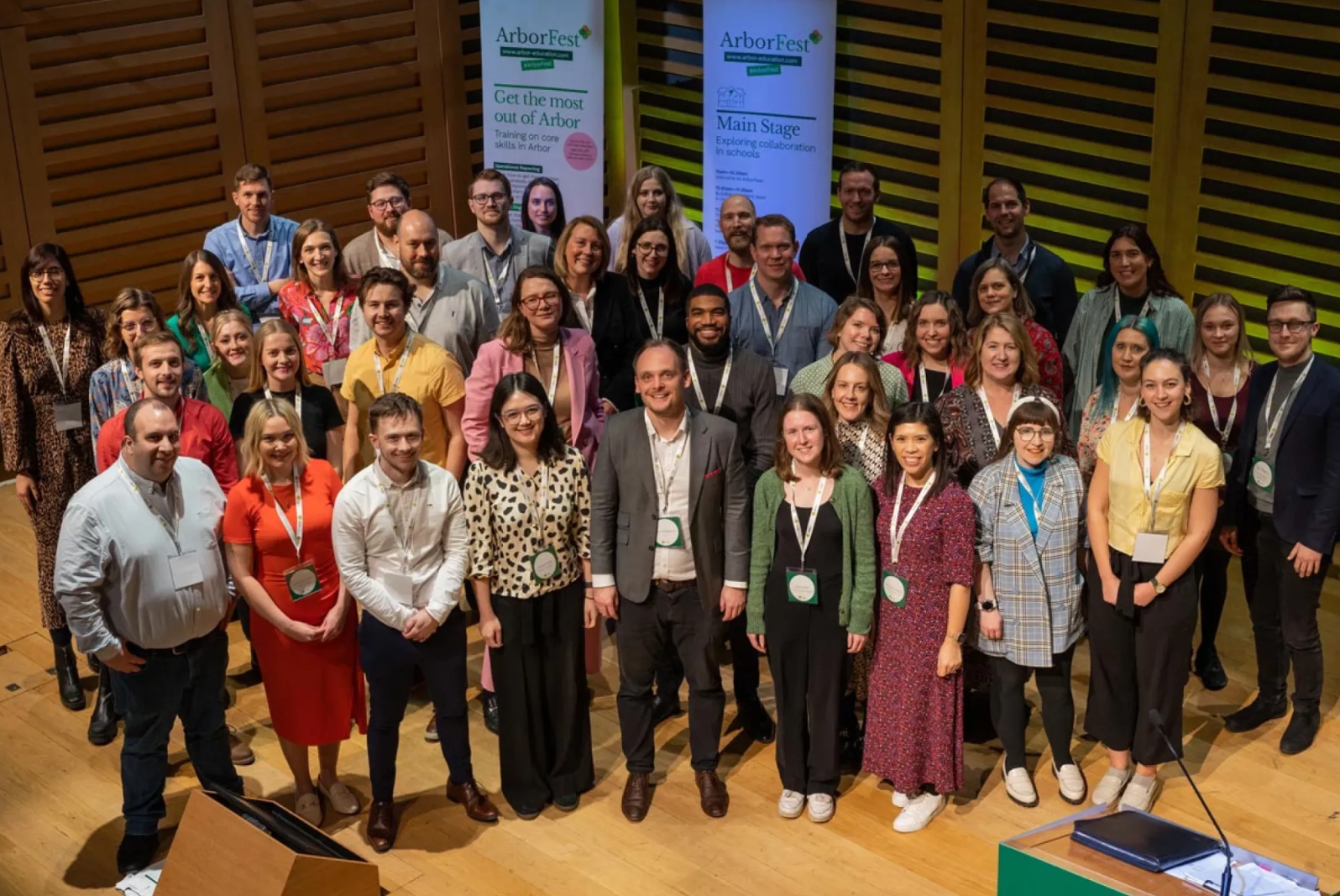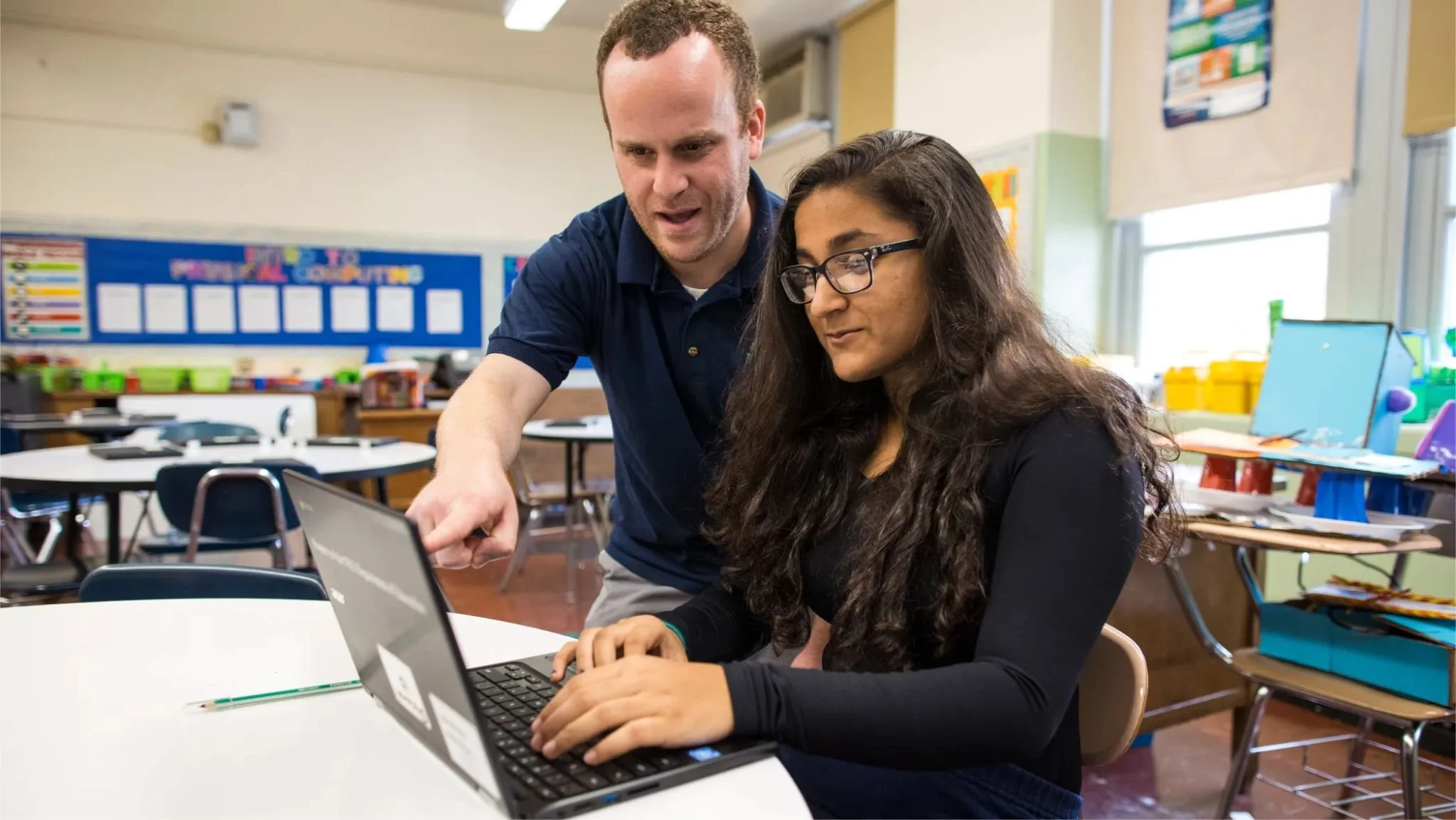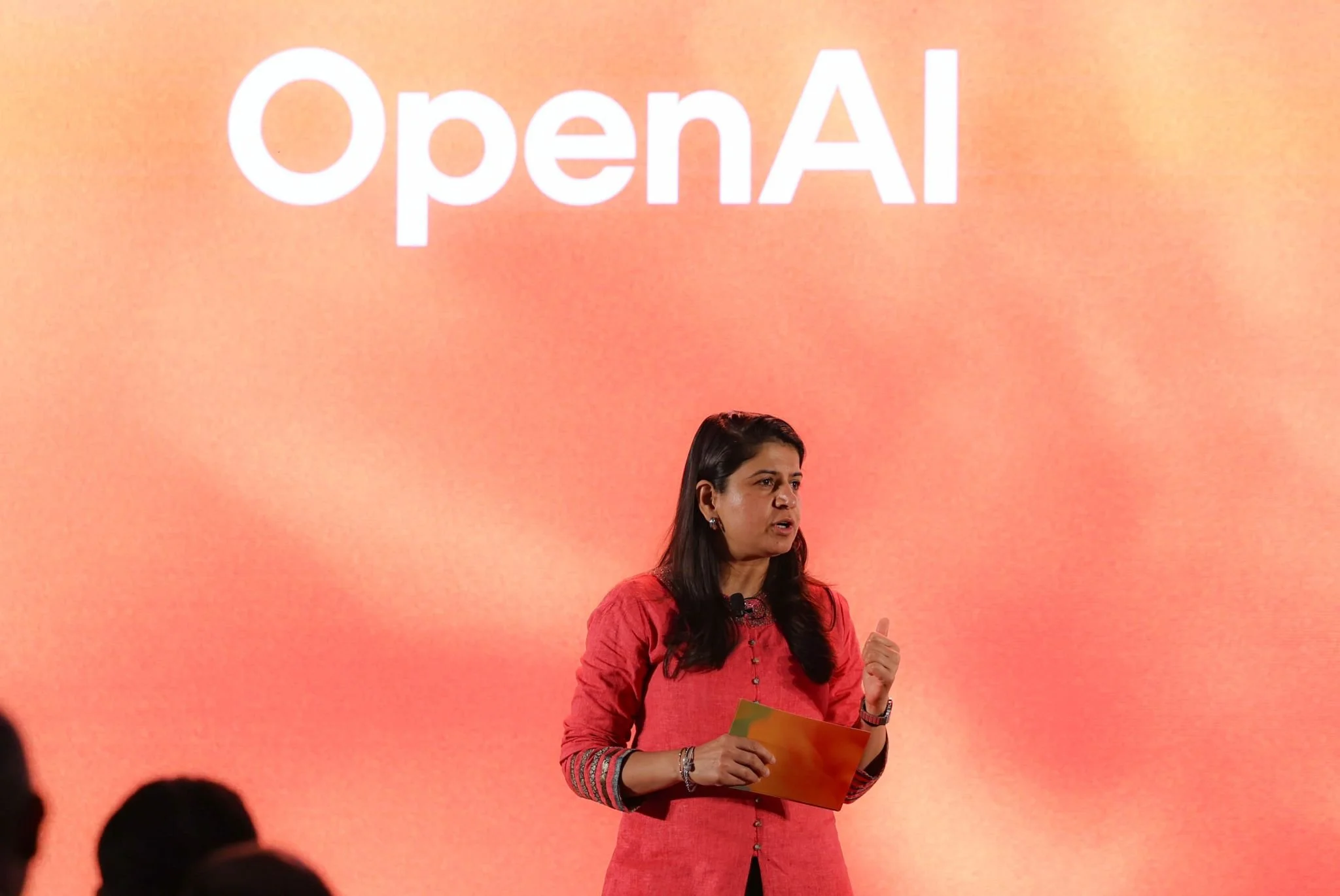Start-up Orbiri raises £320,000 in angel funding for community powered screen time solution
Orbiri, a parent-founded start-up, has raised £320,000 in angel funding to support its launch. The company offers a community-powered solution for managing children’s screentime.
While 93 percent of parents believe social media harms children, 74 percent agree that enforcing limits on smartphone use “feels impossible”. Orbiri aims to solve this issue with a platform that provides screentime boundaries.
Rather than asking schools and families to restrict access to devices, the platform enables them to coordinate limits around social media that apply to everyone in the community.
"Every parent knows the feeling of being stuck in daily device battles - you set the rules for your child but their friends don’t have any, so suddenly you’re the mean parent," explains Jason Michaelides, Founder and CEO at Orbiri.
"But I know from experience with my own children and their screen time that these rules are absolutely essential not just to preserve the conditions necessary for healthy childhood development, but to teach them good digital habits that'll protect them while they're online. That's ultimately why I left a career in consulting to found Orbiri. I genuinely believe that you can’t win as a parent acting alone - we’re facing a systemic challenge that requires collective action.”
Orbiri will use the funding to complete product development and gain compliance certifications. A trial period with early-adopter schools is also in the works, demonstrating how community solutions can work.
“Kids don’t hate limits - there’s growing evidence that many children actually want them. What they hate is being the only one with limits,” Michaelides adds. “When your child's school, their friends' families, and your household all align around the same boundaries, the struggles disappear, because kids stop fighting limits they're not alone in having. We believe that’s why we’re seeing tremendous interest from schools and parents who understand that the solution lies in having communities aligned around a solution that works both in school and at home.
“Bringing this collective action into our approach means boundaries are shared rather than imposed, and children naturally adapt rather than constantly resist. Smartphones are here to stay and have a lot of benefits for children over “brick phones”, from managing pocket money, to planning travel, to tracking exercise progress, to star-gazing. Banning them won’t help our kids; embedding good usage practices across whole communities together is the best way to ensure a good balance between an analogue and a digital childhood”
The ETIH Innovation Awards 2026
The EdTech Innovation Hub Awards celebrate excellence in global education technology, with a particular focus on workforce development, AI integration, and innovative learning solutions across all stages of education.
Now open for entries, the ETIH Innovation Awards 2026 recognize the companies, platforms, and individuals driving transformation in the sector, from AI-driven assessment tools and personalized learning systems, to upskilling solutions and digital platforms that connect learners with real-world outcomes.
Submissions are open to organizations across the UK, the Americas, and internationally. Entries should highlight measurable impact, whether in K–12 classrooms, higher education institutions, or lifelong learning settings.
Winners will be announced on 14 January 2026 as part of an online showcase featuring expert commentary on emerging trends and standout innovation. All winners and finalists will also be featured in our first print magazine, to be distributed at BETT 2026.
























